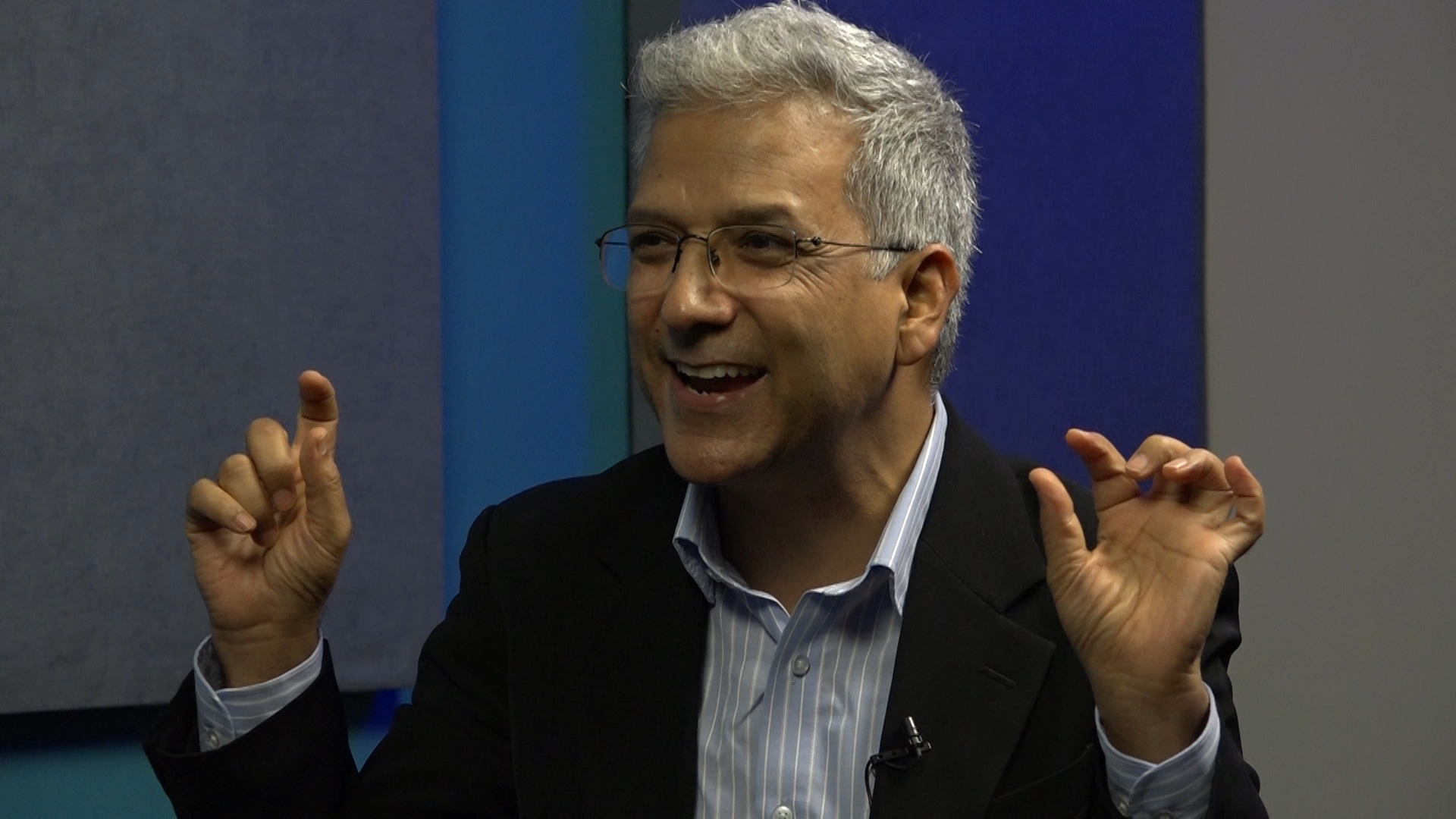Rabindra Mishra’s new alliance with the Rashtriya Prajatantra Party, virtually a political arm of the former king, has hogged much of the limelight in recent days. The comfort with which he has gelled with his new companions indicates that Mishra is much more at ease under the former king’s patronage than he ever was during his brief, if half-hearted, stint as a republican with the Bibeksheel Sajha Party. The palpable ease with which he has hugged the institution of monarchy shows that he has finally sloughed off his outer skin and has decided to openly and unequivocally put the money where his mouth is. In deciding to abandon his previous niceties–both in his ideology as well as his speech–Mishra has replaced his finger wagging schoolmarmish style, with a metaphorical sledge-hammer and has decided to wield it against the nascent democracy questioning its very foundations.
It is no wonder that Mishra has tapped into a powerful mix of grievances and resentment of the old guard, those who typically were the beneficiaries of–and did well under–the former king’s and his predecessor’s patronage. If the “likes” and “retweets” on Twitter are any indication, even those who claim to be a “Global Citizen from Gulmi” seem to be tacitly endorsing a patently parochial view based on medieval superstitions.
That a child born in a certain family inherently holds a superior position to the rest of us and accordingly has an in-born right to rule as an “enlightened guardian”–something that Mishra is advocating for–is a notion that would invoke laughter and ridicule if it was not so dangerous and foolish.
Now, to his credit, I think Mishra is indirectly and unwittingly serving democracy by holding the banner of opposition against, among other things, the cronyism and kleptocracy of our current leaders. The current crop of leaders are indeed undermining Nepal’s fledgling democracy by their own incompetence and widespread grift. Our democratic institutions, unfortunately, have not matured enough to curb the excesses of our leaders and a sensible conservatism, I believe, does have an important role to play in the current political climate.
However, by advocating for the resurrection of a dated institution that has been the provenance of bigotry, arbitrary hierarchy, and authoritarian policies in the past, Mishra is doing nothing more than expressing his frustration against the radical leveling of human dignity that has followed the Maoist Revolution in Nepal.
For all its chaos and cravenness, there is no denying that the Maoist revolution initiated an era of modernity that valued the minorities and indigenous people as human beings with their own individuality and human dignity, something that was denied to them for centuries under the structural discriminations created and sustained under various monarchical regimes.
Mishra’s belief that a “soft dictator” should always hover over the heads of Nepali people–ready to unleash the punitive power of the state at its will–not only belies ignorance of human psychology and its cravings for unlimited power, but, more importantly, is indicative of a limited historical understanding of how democracy functions and delivers.
Democracy, though a rule of the majority, ensures fundamental freedoms and protects the rights of the minorities. It is an inherently messy system which by default favors wheeling and dealing among various political actors instead of dealing in quick fixes along clean and defined lines. Unfortunately the bad tags along with the good in a democracy, and it is one of the vital duties of a politician to see that the good comes out on top. However, men are not angels and therefore democracy requires institutional maturity and independence to hold the political actors accountable whenever they cross the legal and normative boundaries. And those boundaries are set not only by courts and government agencies but also by the society at large. An intelligent politician more attuned to the aspirations of modern times would try to align our Byzantine institutions–the actual root of our current problem–with the promises enshrined in our current Constitution, however lacking those may be. It is no doubt easier said than done; however, a great leader knows that not everything can be achieved in one’s lifetime. A good leader knows that our present should not define our future because politics at heart is about what ought to be rather than what is.
Instead Mishra has decided to provoke the latent elements in our society that are atavistic, backward, and superstitious. By surrendering his conscience at the altar of His Highness, Mishra, I believe, is doing a disservice to the ideology of conservatism itself. In his interviews he regularly waxes nostalgic about what we have lost as a culture and community, but rarely does he acknowledge what we have gained as a nation. The laundry list of his complaints are long and consist mainly of the natural consequences that result when a society long held on a chokehold of arbitrary power breaks free. The Nepali people have freed themselves from an arbitrary power that could snatch our freedom at will. We have laid the groundwork for a positive, scientific, and a forward looking country where the minorities and the indigenous have an equal ownership in the nation. It would be a significant backward step to take that away from the people and hand it over to a hereditary power that could potentially pull the plug on our democracy on its whim. Are we really up for that?

